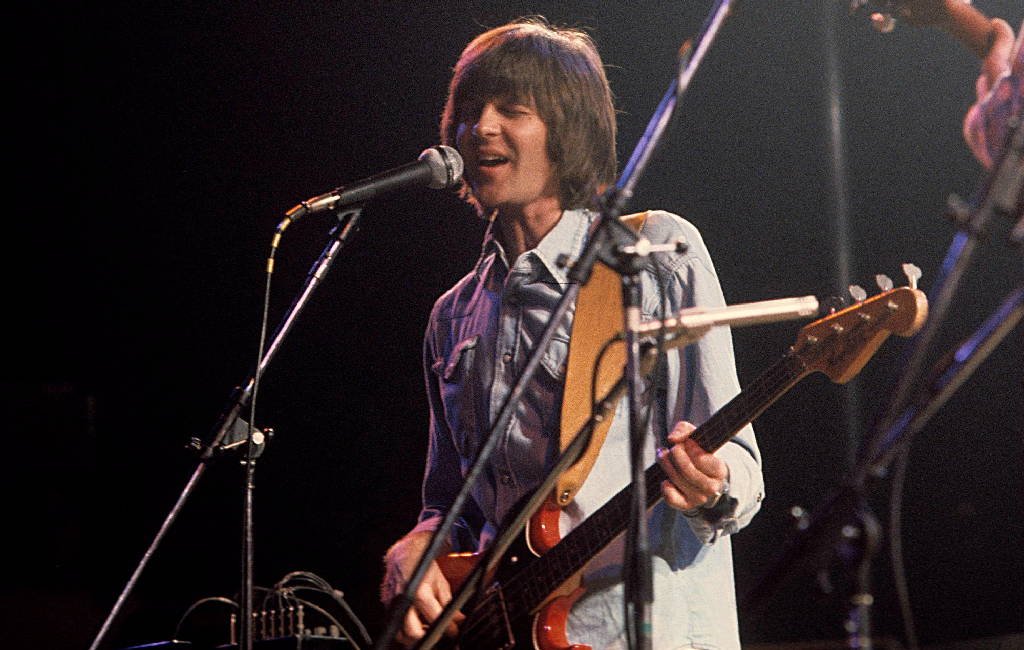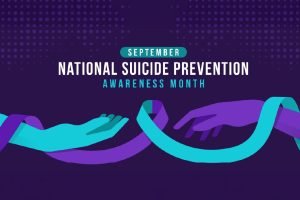With Deep Gratitude from TAR Network™
By James D. Huysman, PsyD, LCSW (“Dr. Jamie”)
Randy Meisner — iconic bass player, and founding member of Poco and The Eagles, passed away on July 26, 2023, at age 77. Undoubtedly, he will be very much missed by family, friends, and fans alike.
Randy’s passing has also reminded me of so many things related to TAR (for our new readers, our acronym for Toxic Abusive Relationships), given what I’ve learned and all of my experience with toxic worksites and narcissism.
For so many of us, rock and roll bands make up an important part of our lives. They give us music that can assuage our stress, alleviate the pressures of our own relationships, give us beautiful music with which to celebrate, and evoke memories of our loved ones who’ve passed away. I can’t tell you how many bands and performers have accomplished these for me, with Randy and the Eagles at the forefront.
That being said, for the musicians, tour staff, and composers of all that wonderful music, a rock and roll band is a worksite — and these can be toxic.
Back to Randy. He leaves three children to mourn him, and many people who describe him as kind, talented, giving, caring, and conscientious. Never really wanting the limelight, Randy was realistic about his own performance abilities, acknowledging that he couldn’t hit the high note on “Take It To The Limit,” his signature Eagles tune.
His struggles with addiction and bipolar disorder are pieces of his life that are, unfortunately, well known. Randy was also known as a co-founder of the Eagles and Poco, but he was so much more. A good friend of mine and former Poco tour manager, Wilf Wright, described Randy as a gem of a man.
We will most remember Randy as the composer of “Take It to the Limit.” I’m sure that given his shyness and desire to be out of the limelight, he would proudly take that designation. The song remained unfinished for several years; when Don Henley and Glenn Frey happened upon it, they took it over and finished it for One of These Nights.
Following Poco’s break up over their incessant bickering, Randy was ill-equipped to deal with the Eagles’ demands that he sing lead on the song and have the spotlight forced upon him.
TAR can be seen anywhere. It does not take long for rock groups, marriages, worksites, or even parent/child relationships to reflect the toxic nature of the power brokers. Though his experience with Poco was no bargain, Randy’s passing motivates me to talk about the group he is most famous for co-founding, the Eagles.
As a trauma therapist, I’ve learned that rock groups can either be healthy and not toxic or — like any worksite in the world — they can become very toxic for all those concerned. I have been a fan of the Eagles for many decades and have enjoyed listening to their amazing music; why do I feel that the band — as a worksite — might present itself as toxic for the members?
Plainly and simply, “toxic worksite” is a colloquial term used to describe a place of work marked by significant personal conflicts between those who work there, usually motivated by employers’ or employees’ desire for personal gain.
To the naked eye, this is the quintessential description of the Eagles and — drilling down to the group Poco — Randy had experienced both, in a déjà vu fashion.
Full disclosure — none of the principals I am talking about have ever been my patient. I am simply stating my observations as a clinician who works in toxic worksites daily in my professional life. My viewpoints are developed from an outsider looking in perspective.
I have also been privileged to know people close to the Eagles. Wilf Wright, a former tour manager of Poco has been able to provide great insights into Randy. I am also lucky to have been able to meet and get to know Don Felder, the amazing lead guitarist who joined Randy, Glenn Frey, and Don Henley with the Eagles.
I remember sitting with Don and my friend, Mike Brennand, on the Rock Legends Cruise and incredulously asked him if he was going to join the Hotel California Reunion tour. To my amazement, he said “no.”
At the time he composed the beginning of “Hotel California” the Eagles desperately needed a hit to stay alive. Considering that song became one of the greatest and most played songs ever, I thought it was a no-brainer that he would be invited by Henley and Frey.
But the anger, vitriol, jealousy, infighting, and overall drama of the group just would not allow for reconciliation. It still hasn’t, in spite of Glenn Frey’s passing and the recent reunion tour. The dark triad of lack of empathy, accountability, and Machiavellianism that surrounded the other founders — Don and Glenn — for some reason felt very much like the narcissistic backdrop to the dysfunction.
In comparison with this histrionic roller coaster of a group, a band like Def Leppard established themselves as safe, assured, empathic, and supportive to the point that they waited for one of their founding members, Rick Allen, to teach himself how to play the drums with one arm. They present themselves as a family that may have been messy, but built on the ethics of psychological safety, cohesiveness, and healing.
The stories of Randy and Glenn getting into fist fights, or Glenn and Don Felder coming to blows, or Don Henley not allowing others to have ownership of their writing and compositions reveal a worksite of bullying and power plays that can never lead to health, wellness, and psychological safety.
If a co-worker could not sing the high notes — like Randy couldn’t later in his career — adjustments would have been made that were far better alternatives than all-out physical confrontation. In 1977, Randy left the Eagles, feeling marginalized and disconnected from the Henley-Frey hurricane of creative energy.
The Eagles devolved into an autocracy of two people. Henley and Frey were clearly enabled by their management to rise as totalitarian authorities in the band — other members were not welcome or respected enough to fully participate in the group as creative and talented individuals. A healthy non-toxic group is inclusive and exclusive, especially in light of the ups and downs of the collective journey. Oppressive energy — as seen in autocracies — is not found in healthy worksites. Don Felder, another creative casualty of the Henley-Frey cartel, called Randy Meisner “the sweetest man in the music business”; my friend Wilf enthusiastically echoed those words.
Often the sweetest people — like empaths — get caught up in the most
narcissistic situations, like moths to bright light in the night.
Empaths and good people often get pulled into dark places if their own self-awareness has not kicked in and their boundaries are not solid and clear. In toxic situations, we all come out and sound like as Randy stated in an interview years after leaving the Eagles “I’ve always been really good to those guys. I’ve tried to cover up for them, some of the things they’ve done, and they will not forgive… they will not forgive.”
Sound familiar, empaths? It is the clarion call for us to develop strong boundaries with the world to avoid all of the “toxic energy vampires.”
The two worlds of Poco and the Eagles must have felt like a Groundhog Day rut for Randy. I hope the lesson we can all take from this rock ‘n’ roll story is if we are going from one chaotic worksite to another chaotic worksite, maybe we should pause to look in the mirror and start believing that we deserve better in our lives.
Another icon goes to the great Woodstock in the sky, and another rock ‘n’ roll fan is reminded that we are never promised tomorrow. If we need to say something, do something, or put something like the foundation we call TAR Network™ into action, we need to do it now — with a team of passionate, like-minded people who have amazing knowledge, practice skills, vulnerabilities, and who are not afraid to admit them like the team I have around me at our foundation.
Randy, rest in peace — you were truly one of the nicest guys in rock ‘n’ roll. Thank you for your amazing impact on our world. Thank you, also, for reminding me of the mindfulness, gratitude, and appreciation I should always have for my TAR Network teammates on this journey to make this world a better place for our children. Only with that feeling as a cohesive, supportive team working together can we collectively.
“Take It to the Limit”!







